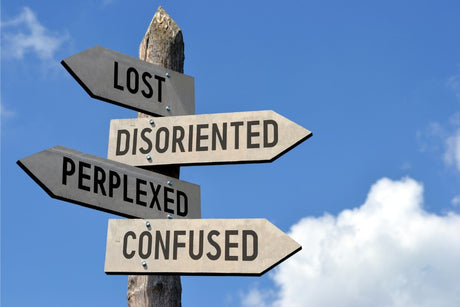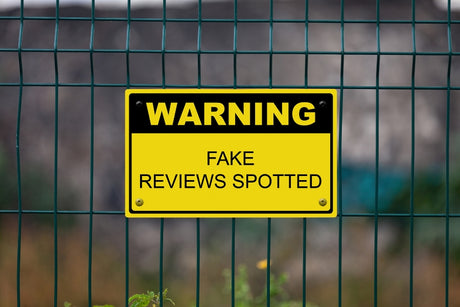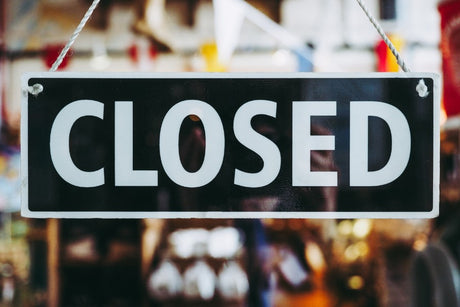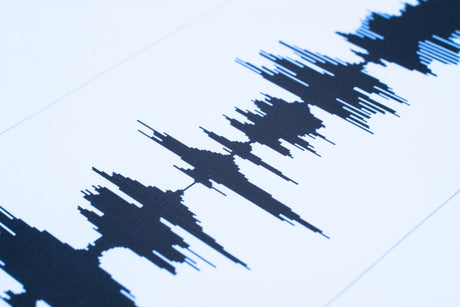10 facts for buying coffee for the Office
We list the top 10 facts about buying coffee beans for your office coffee machine.
1. Coffee is a fresh food.
That's right. Coffee is a fresh food that goes stale (oxidizes) inside the triple-foil laminated, heat-sealed, 1-way valve packaging.
Despite the 12-month Best Before Date (or, in the case of imported coffee beans, it is typically two years), the coffee will be past its peak usage window around 21 days from the roast date.
Coffee never goes bacterial.
2. Buy only enough coffee to last at most 4 - 6 weeks.
The next time you buy office coffee online, wait to purchase four months' worth of coffee at a time. Ignore that it's on sale (probably already stale).
You might end up with plenty of non-fresh coffee that tastes terrible—a false economy.
When it's time to open the last few coffee packs, the roasted beans lose their freshness, and the staff may become frustrated.
3. Office suppliers who provide your pens and stationery need to manage coffee properly.
Office stationery suppliers know nothing about coffee.
They go out to market tender and source the cheapest and nastiest coffees, have the beans private label roasted and delivered in bulk to save money.
Those coffee beans are left stranded on warehouse shelves without care or attention to the peak usage windows.
Whilst it might appear convenient to order roasted coffee beans from Office Equipment and Stationary suppliers, managing the stock of roasted coffee beans requires care and attention beyond the capabilities of Office suppliers.
They need to deliver a quality cup, and your office staff will wander outside into the streets in search of a decent cup of coffee - wasting valuable time.
4. Always clean your equipment regularly
Milk and steam do not mix well. Milk line blockages are the #1 cause of office coffee machine failures.
Automatic coffee machines also need regular detergent (tablets dispensed in the machine's cleaning cycle) to remove the buildup of rancid coffee oils that taint the flavour and affect the performance of the coffee machine.
5. Dark, stale or old coffee beans cause bitter taints.
Dark roasted coffee beans and any old or stale coffee beans will eventually display oil outside the coffee beans - even on freshly opened packs.
This oil on the surface of the coffee beans is a bad thing - once it is exposed to oxygen (sitting in the beans hopper of your coffee machine), the oils become rancid within hours.
Rancid oils are bitter.
The goal of roasting coffee beans is to retain the oils within the bean's surface, allowing the volatile compounds to be released when ground and brewed.
As coffee beans age, the oil migrates from the inner core (or centre) of the bean towards the outside.
Once on the surface, it oxidizes and turns bitter very quickly.
Coffee beans older than 60 days typically become oily and should be thrown away.
Oily coffee beans cause problems with small grinders installed inside Automatic coffee machines - the oil causes a gum-like buildup that causes ground coffee to adhere.
You end up with a rancid mixture of unpleasant substances that may continue to contaminate all subsequent cups of coffee.
This situation will affect the taste until the espresso machine has been cleaned or serviced.
6. Cycle your packs of coffee beans according to the Roast Date - use the oldest first.
It is common for office and cafe users to just put the newly arrived packs of beans at the front of the cupboard, whilst the existing older coffee packs remain at the back.
When the day finally arrives for these older coffee packs - they are dead! No flavour, just weak, bitter brews.
7. Coffee beans tipped into the machine's bean hopper will go stale
Oxygen exposure accelerates the staling of fresh coffee beans.
When you transfer the coffee beans from the pack into your coffee machine hopper, try to put about 2 - 4 hrs worth of coffee beans at any time, seal the remainder in the bag with a bull-clip, or place into an air-tight container.
One common mistake is to top up the machine coffee bean hopper at the end of the day or week.
8. Never store coffee beans in the fridge or freezer.
The fridge is an absolute no-no. It causes moisture buildup that affects the freshness of coffee.
There are conflicting views on the internet regarding the freezing of coffee beans - typically, the people who do this action are "savers" looking to purchase in bulk to save money.
They place unused packs in the freezer and convince themselves that when the beans are removed and thawed for use, the coffee beans are just as good as the day they placed them into the freezer.
Unfortunately, this is one of those urban myths that has grown seriously big legs - it does not work, and in fact, it alters the delicate cell structures of the coffee beans in ways that degrade the performance of the coffee beans - so it is, in fact, detrimental.
How do we know this?
Because we have tested the theory repeatedly over more than three years - storing bags of coffee beans for 1, 3, 6 and 12 months and then testing the results.
It does improve upon not freezing the coffee when you consider something like six months, but who wants to keep coffee beans for six months?
9. Grinders need adjustment
Grinders installed inside Automatic espresso coffee machines tend to be smaller than the external units.
For this reason, they have smaller blades that wear faster or require regular adjustment so you can grind fine enough to produce a quality espresso extraction.
Checking if your grind or dose is correct is simple.
If the brew flows fast and finishes within 18 seconds, you know the coffee will be weak, contain very little, or the body may lack sweetness and is most likely bitter.
That will be a clear sign of insufficient dosage, or the grind is set too coarse.
We always recommend setting your grinder to a finer setting until just before the machine chokes while brewing coffee (so it pours very slowly).
This way, you will achieve a nice golden brown crema and proper flavour extraction.
10. Imported Coffee is already stale
Yes, that's right - the imported brands that feature impossibly beautiful people sitting in perfect environments - it's just marketing.
The imported coffee has spent the best part of 8 weeks in a very hot container.
The temperatures inside a shipping container can reach 65 C - well above the recommended 20 C required to store fresh roasted coffee beans.
Along with oxygen and moisture, heat also accelerates the staling effect.
To make matters worse, imported coffee beans are then stored in local Australian warehouses for months at a time before shipping to customers.
Give imported coffee beans the flick - always drink freshly roasted coffees.









